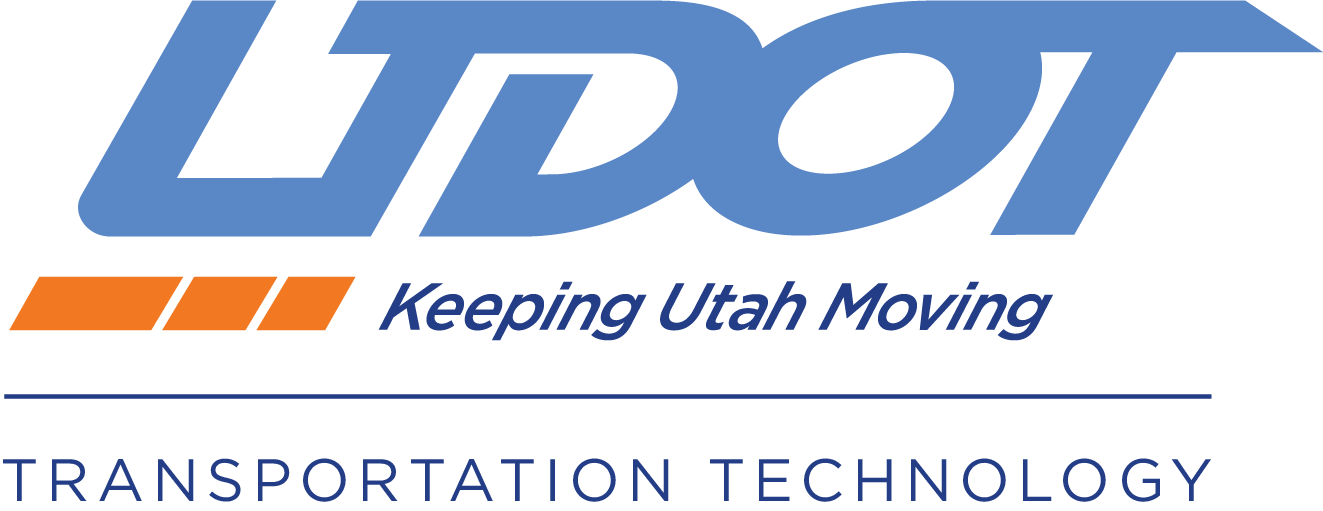Connected Vehicle Data
Ecosystem
Modern vehicles have a lot of information to share about the condition of roads and traffic. Connecting those vehicles with each other and with roadside infrastructure allows a data-sharing synergy that benefits both the driver and the road operator. This shared data helps make roadways safer, provides better mobility and reduces congestion. UDOT is developing a robust Connected Vehicle Data Ecosystem to connect vehicles — an essential step to improving transportation.
OVERVIEW
UDOT has been involved in planning for, and deploying connected vehicle (CV) technology for about 15 years for the main purpose of supporting its goal of Zero Fatalities. As our connected vehicle become increasingly connected, they will share billions of data points that can help us improve traffic safety and flow. As UDOT’s connected vehicle system grew, UDOT formed a partnership with Panasonic of North America to develop and implement a Connected Vehicle Data Ecosystem. This is a cloud-based data analytics and storage platform that brings together transportation data elements into a central location where we can improve our ability to manage traffic, detect incidents, and warn drivers of hazardous conditions. Any number of partners can work with and learn from the data.
As our vehicles become increasingly connected, they will share billions of data points that can be used by UDOT and the public. Connected Vehicle data, coupled with the intelligent transportation systems data that UDOT already has, such as information from UDOTs roadside
weather stations, will be processed in the cloud to create actionable information in real time. This information can then be used by UDOT traffic operators and sent back to connected vehicles to allow drivers to make better decisions.
QUICK FACTS
“UP TO 94 PERCENT OF
SERIOUS MOTOR VEHICLE
CRASHES ARE DUE, IN PART, TO
HUMAN ERROR”
The data being shared by vehicles in this Data Ecosystem is anonymous and secured. It includes data about where a vehicle is and what it is doing, but does not include any vehicle identifiers, such as make, model, color, VIN or license plate. A national security management system, similar to what is used for our on-line credit card transactions, also insures that the data transmitted is secure, reliable, and unaltered.
BENEFITS OF TECHNOLOGY
The Connected Vehicle Data Ecosystem will provide a myriad of benefits to the public. Data being integrated into the database will be leveraged by UDOT to provide visibility and awareness about what is happening on Utah roads. For example, the Data Ecosystem allows Spot Weather Impact Warnings to be efficiently deployed so travelers can be warned about weather conditions. Long-term benefits of the Data Ecosystem include improving safety and mobility on Utah’s roadways.
WHERE THE TECHNOLOGY IS DEPLOYED
UDOT’s Data Ecosystem is cloud-based software, meaning there is no central physical location for the technology. The Data Ecosystem supports technology applications being deployed in locations around the state of Utah.
